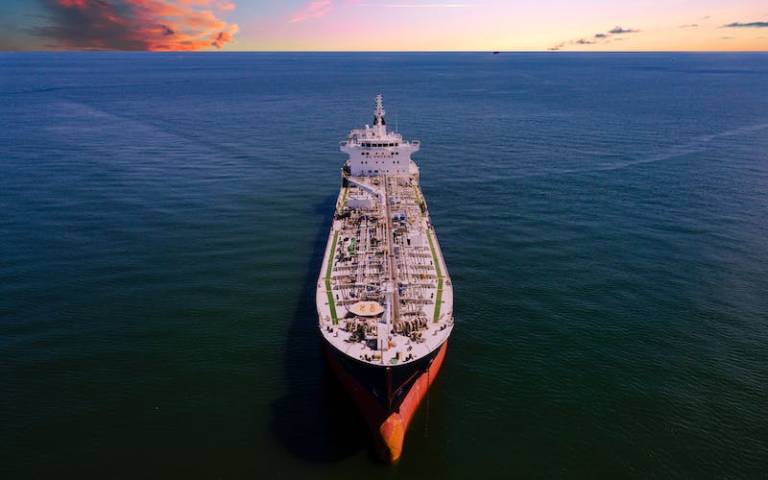UCL research reveals financiers’ beliefs and behaviours on shipping’s transition to zero emissions
1 December 2023
Most shipping financiers believe shipping of fossil fuel cargo (coal, oil and gas) will not decrease significantly in the near future and the risk that the ships they have financed will be stranded is limited

A new research paper published in the Journal of Environmental Innovation and Societal Transitions by researchers from the UCL Energy Institute explores the role ship financiers can play in shipping’s transition to zero emission fuels. Using a novel theoretical framework which categorises financiers into five enabling or disabling categories it finds that most expressed an ambition to support incumbent shipowners (as Loyal Enablers) in the transition, but this is mainly due to the importance of their existing corporate relationships. With this financing approach, they place the responsibility of the energy transition with the shipowner. This could lead to further technology lock-in and risks of stranded assets as exemplified by some of the banks support of LNG fuelled ships, which has been previously shown to lead to a significant risk of stranding.
Marie Fricaudet, researcher at the UCL Energy Institute noted:
“While the majority of financiers expressed an ambition to play a ‘Loyal Enabler’ role, a second type of financier – the ‘Redirecting Enabler’ also emerged from the interviews with niche shipowners receiving funding from institutional investors. Given that majority of shipping is financed through traditional bank debt and institutional investors form a tiny share of financing, it implies that niche shipowners will not represent a large proportion of the fleet, but as first movers, they can put pressure on incumbent shipowners and de-risk technologies that conservative shipowners are unwilling to be exposed to.
Dr Sophia Parker, co-author of the paper added:
“The financiers mostly believe shipping of fossil fuel cargo (coal, oil and gas) will not decrease significantly in the near future, and therefore don’t expect demand-side stranded asset risks to materialise. They also believe the risk that the ships they have financed will be stranded is limited. With this mindset, the shipping sector could find itself in a similar situation to the German utility sector where the risks and opportunities of renewable technologies were ignored, and consequently the sector faced significant premature devaluations/write-downs.
Dr Nishatabbas Rehmatulla, Principal Research Fellow at UCL Energy Institute noted:
“To align with the recently agreed UN IMO GHG strategy and 1.5oC temperature goals, the shipping sector needs to transition to zero emission fuels as soon as possible. The drivers of the transition in the emergence phase include financiers, demand side actors and national action. Whilst financiers in the sector have taken early steps e.g. through Poseidon Principles - aligning portfolios to downward CO2 trajectories (though only in line with IMO targets and not 1.5oC trajectories) this is at times at odds with their beliefs and behaviours in what they are financing.
While financiers and shipowners should assess the climate risk of their portfolio and ensure that the ships in their portfolio are climate resilient and financiers’ clients have a credible transition plan, there are limitations on how much the industry can drive the transition without more stringent climate policy. Several European banks highlighted that regulation of financial reporting and capital requirements were needed for banks to fully play their Loyal Enabler role, as the market competition between banks was preventing them from fully incentivising greener technologies. This highlights the potential, but also the limits, of voluntary initiatives from financiers to promote green investments. Furthermore, pilot projects undertaken by commercial banks were in collaboration with the public funding, underlining the importance of the role of the state or international finance institutions in sharing financing risk through loan guarantees or other financing support.
Links:
- Read the paper - access this external webpage.
- Read previous research from the UCL Energy Institute focusing on the shipping sector’s costly affair with LNG as a marine fuel - access this webpage.
Image credit: pexels.com
 Close
Close

